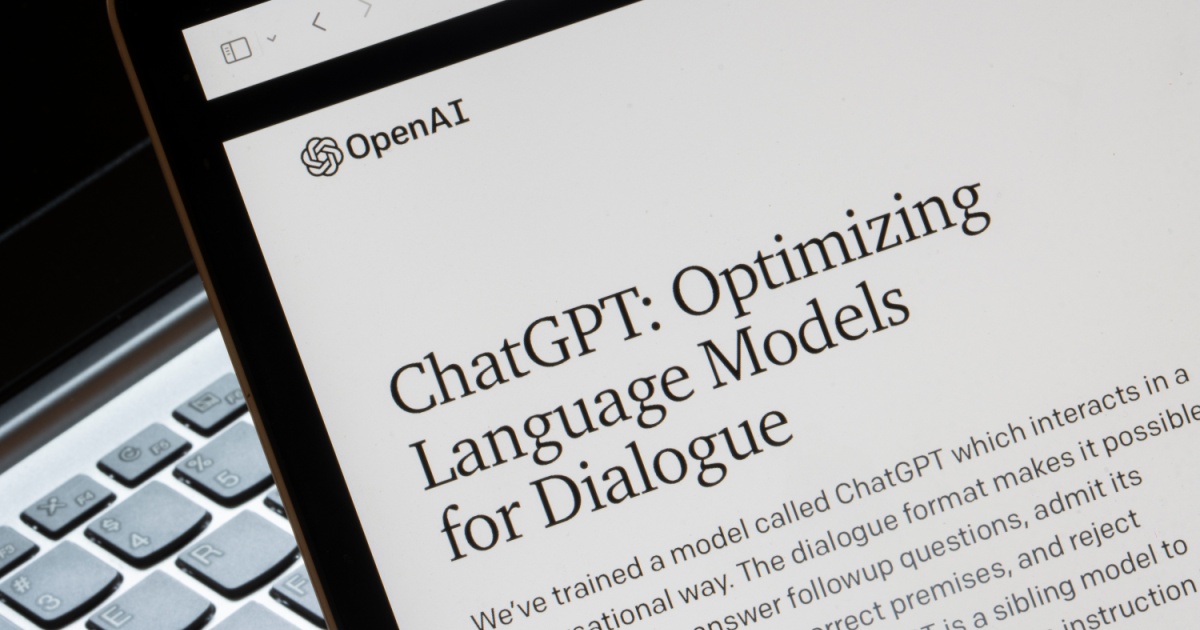
Following the recent boom of AI (in particular, ChatGPT), there has been a digital swell (and a mostly sustained one, at that) in hyped-up generative and conversational AI. As interest kept ballooning, a note that my team kept making was “But ChatGPT isn’t connected to the internet. For now, at least.”
That was the general phrase we used for a while.
Now, we can pretty much toss that out.
No longer differentiated by its sort-of Achilles’ heel (i.e. its inability to connect to the internet), ChatGPT can now officially has access.
There's a catch, however. OpenAI isn’t flooring it from zero to 100; what the developers at OpenAI are doing, instead, is gradually rolling out plugins for ChatGPT that extend the AI’s functionality, granting it access to third-party knowledge sources and databases, including the web itself.
That said, these slower roll-outs can only be accessed (for now) by a small set of users to, per an OpenAI representative, “study their real-world uses and impacts before we opt for larger-scale access.”
It’s also important to note that a.) this is simply part of the plugins’ limited alpha phases at this time, and b.) the connected feature is only available for those subscribed to the ChatGPT Plus tier. The plugins (i.e. about a dozen of them) range from allowing users to check live sporting events’ scores, book international flights, purchase food for delivery, etc. Sites supported by these plugins include the likes of Expedia and KAYAK, Shopify, Klarna, Instacart, Zapier, OpenTable, and Slack.
“These plugins are tools designed for LLMs with safety as a core principle to help users access up-to-date information, run computations, or use third-party services,” OpenAI commented.
As a writer at TechCrunch wrote, “a chatbot with web access is a risky prospect… the live web is less curated and less filtered than a static training dataset, of course.” But it seems OpenAI has already implemented several safeguards; whether or not they’ll be sufficient has yet to be determined.
“We have a lot to learn,” OpenAI wrote in a recent blog post, “but with everyone’s help, we hope to build something that is both useful and safe.”
Edited by
Greg Tavarez